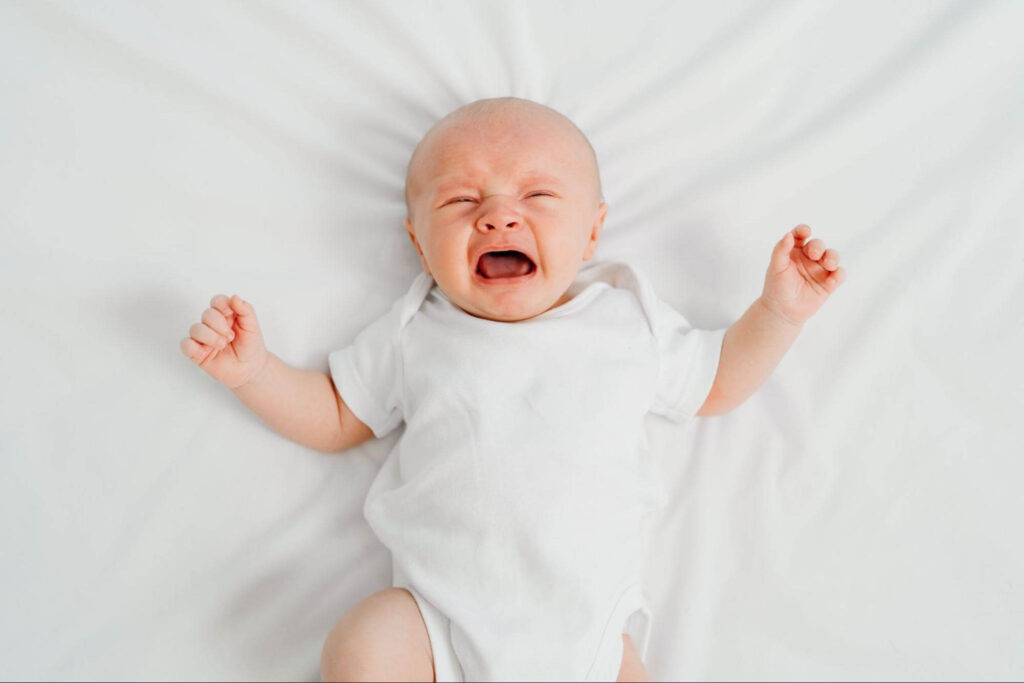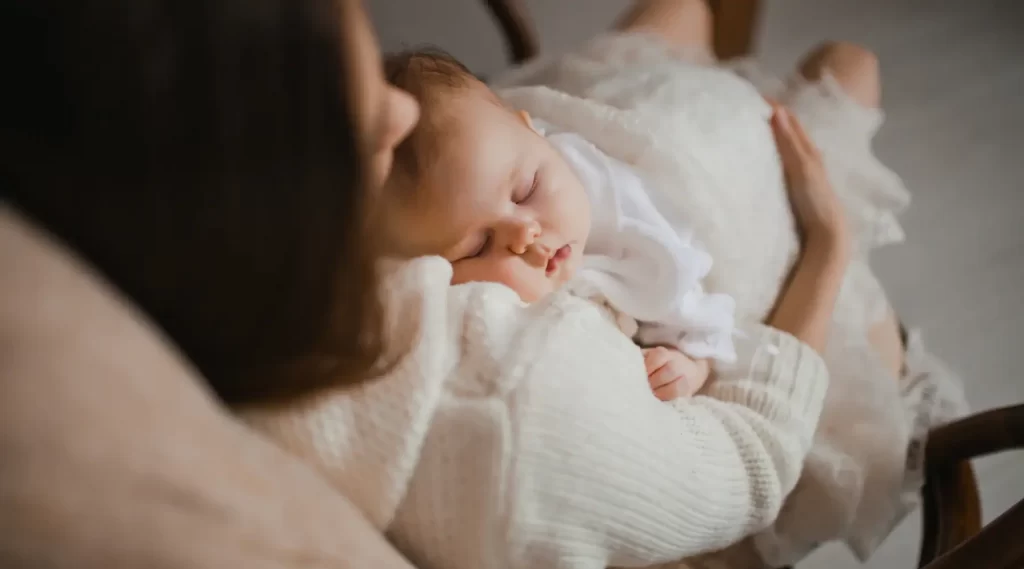This week is men’s Mental Health week and I want to draw some attention to issues faced by many parents.
Not having a village is hard
We’ve all heard the adage that ‘it takes a village to raise a child’ but unfortunately, we don’t live in villages any more.
We live in siloed homes, separated from other parents with whom we share much in common, often performing identical tasks as these peers, without economies of scale and with maximal inefficiency.
Social media gives us a glossy view of parenting
In addition, we sometimes find ourselves in an existence that pales in comparison to the social-media driven paradigm of what we hoped our perinatal journey would be, what our influencers touted and what we were ‘supposed’ to experience.
Parents are burnt out and mental health issues are common
A recent study in North America revealed that 93% of mothers feel burnt out, with 89% getting less than 8 hours sleep a night and 92% feeling society was not adequately supporting motherhood.
It is well documented that at least 1 in 5 women experience post-natal depression and/or anxiety in the 12 months following a child’s birth.
Just as frightening were the statistics regarding fathers; 1 in 10 fathers suffer post-natal depression and/or anxiety, with the greatest risk factor being a partner who similarly suffers.
Mental health statistics skyrocket in the setting of an unsettled baby
Perhaps the most alarming statistic is that the rates of perinatal mental health problems almost double, in the setting of an unsettled baby and parental sleep deprivation.
This has a significant, negative impact on the entire experience of having a child.
This, I simply can’t bear.
I can’t accept this because almost all causes of unsettled infant behaviour are preventable.
Unsettled baby behaviour is often preventable
Almost all bad sleeping habits and associations can be reversed. Sleepless nights, witching hours and sleep regressions are not rites of passage, that must simply be endured.
Parents have an innate instinct, one that swells alongside the identifiable physiological amygdala growth that accompanies childbirth. My ambition is to turn the volume up on this innate instinct, to empower parents with the tools to interpret their baby’s cry and remove causes of unsettled behaviour. Deciphering a cry or protestation and responding appropriately is true baby-parent communication.
Babies drink more than milk
Babies drink much more than milk, they drink all the emotions of their caregivers. Once parents begin to truly communicate with their baby, there floods an overwhelming confidence in parentcraft skills.
When that parent then holds their baby, they ooze poise and self-assurance – and babies drink that up, instantly relaxing into the warm embrace of a happy, confident, well-slept parent.
As you work through the Dr Golly Sleep Program, please always remember that this does NOT take the place of medical advice and if in doubt always consult your doctor.
If you need help help is available – for perinatal mental health support in Australia, I recommend PANDA.
Read more about this topic: Father’s of Newborns – a call to action here.
SHOP the Dr Golly Sleep Programs here.


